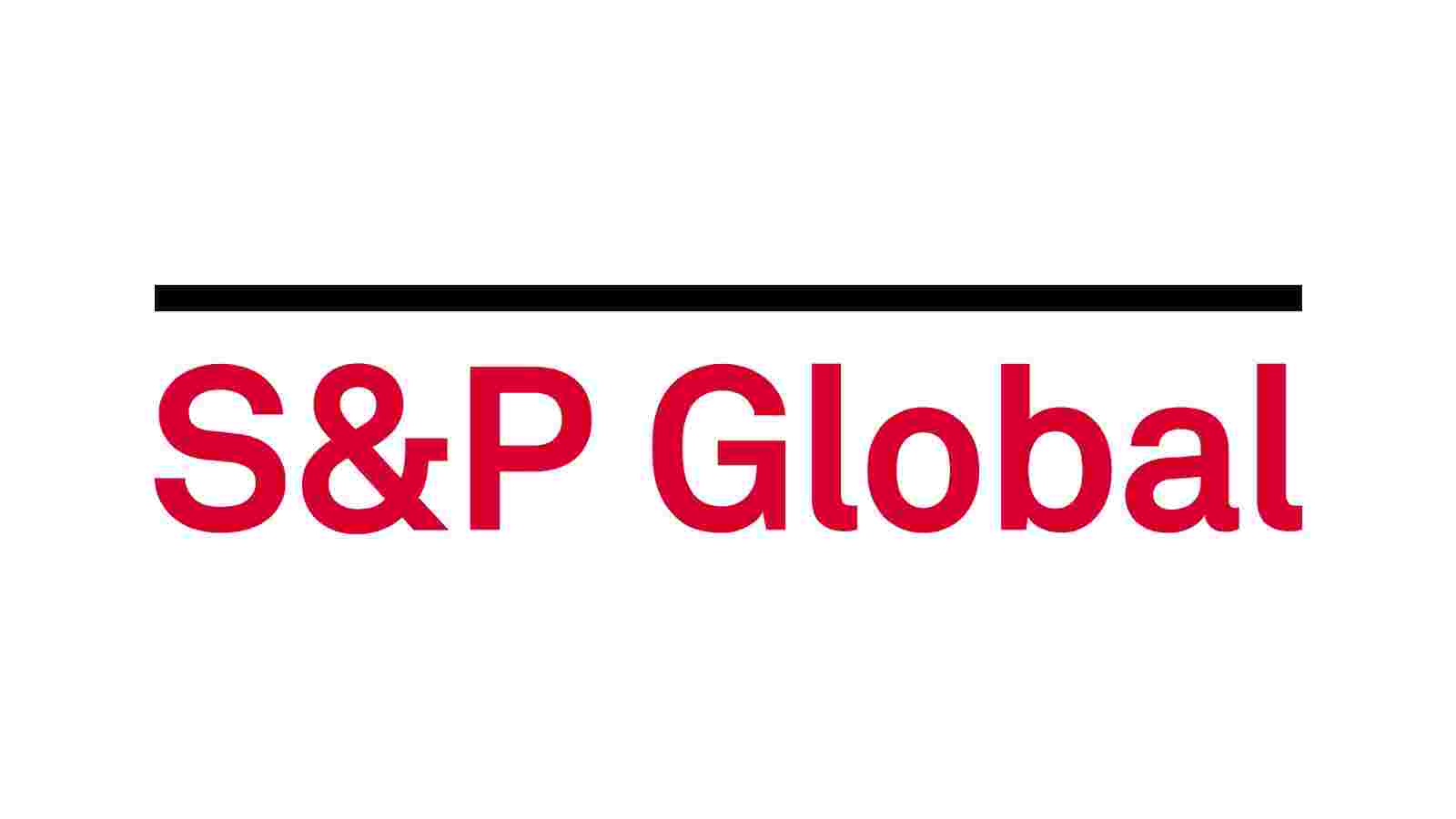
S&P Global Ratings - National Bank of Georgia Successfully Responded to the Growing Risks
The international rating agency S&P Global Ratings has published an Global Banks Country-By-Country Midyear Outlook 2023. The document summarizes the general trends, strengths and weaknesses, main challenges and macroeconomic risks of the banking sector of individual countries.
According to the report, Georgia's results in the overall risk assessment have improved and the country has moved from the 8th to the 7th group, which is one of the highest assessments in the region compared to other countries. The banking system is assessed as stable, with declining dollarization. S&P analysts expect economic growth prospects to remain favorable despite geopolitical tensions, and asset quality to remain at a stable level.
The influential rating agency notes that banks in Georgia, unlike other countries in the region, face fewer risks. As a result of the policy implemented by the National Bank of Georgia, dollarization in loans decreased to 44%, and in deposits to 51%, although this indicator is still the highest in the region. The report reviews banking regulations, which, according to the agency's assessment, helped stress resilience of the banks. In the past years, the National Bank of Georgia successfully responded to the growing risks arising from the changing macroeconomic environment. The NBG has prescribed capital buffers for banks, among other instruments, for foreign exchange credit risks. Household debt burden is moderate. Despite rapid growth in recent years, loan service ratios in Georgia are better than comparable countries. This reflects the higher-than-average share of mortgage loans in the portfolio and the NBG's efforts to promote responsible lending standards.
The agency estimates that the share of non-performing loans will remain within 4.0-4.5% and the stability of asset quality will help normalize profitability. Foreign currency lending remains the main vulnerability in terms of credit risks. As for vulnerability to the Russia-Ukraine war, banks are less susceptible, although a material reversal of Russian citizen migration and deposit inflows could have a negative impact on the economy and banking system.